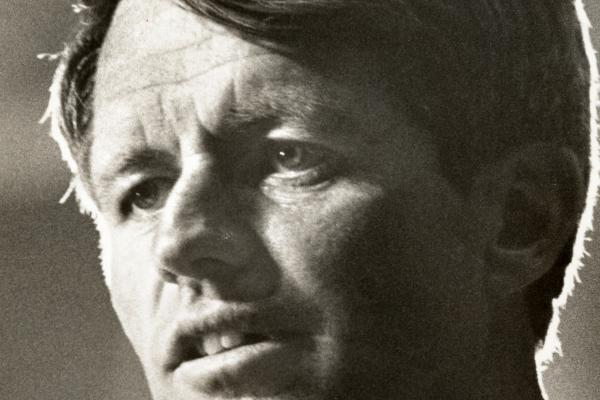I heard the words “Latino” and “problem” spill out of GOP strategist Mike Murphy’s mouth on election night, and found myself rushing to grab the remote to rewind my DVR. Did he really just say that?
Murphy was referencing the increase of Latino voters and their support of President Obama. It is the first time the percentage made it to the double digits. Perhaps another poor choice in a seemingly growing pattern of word vomit on the part of politicians. It was live television –a disappointing night for Republicans- so I’ll give him that. But the idea of a “Latino problem” began to simmer. How can an increase in voter turnout, regardless of ethnicity, be a problem? They’re voting. Maybe not the way Murphy would prefer, but they’re voting. And isn’t the goal of an election to have the voices of all Americans heard? To promote an informed and educated population?
Maybe I’m just an idealist.
Then I turned to Facebook. There was a war waging between red and blue. Words of hate and post after post describing the urgency to purchase a gun and ammunition.
What was happening? It seemed history was repeating itself. Nearly 150 years since the bloodshed in Gettysburg, we are still fighting on the front lines of social issue after social issue, classifying votes by race, and displaying hatred toward our fellow citizens.
I’ve often wondered what it would have been like to live during the Civil War or through the peak of the Civil Rights Movement. I’ve wondered if I would have had the courage to aid in the development of the Underground Railroad, or march through the streets of the South in protest against the idea of second-class citizenship. On Election Day, in the months that preceded it, and in the days that have followed, it has become apparent that it is my generation’s turn to step up in the fight against social injustice. Because despite the progress, a term like “Latino problem” is only proof that there is still much to be done. After all, if there is a Latino problem, or a black problem, or a white problem, isn’t it, in the end, really an American problem? It begs the question, what makes an American, American?
When I stepped back and really thought about what I was experiencing on election night, I started thinking about the night of April 4, 1968, just hours after Martin Luther King, Jr. was assassinated. Having not yet been born, I thought about the coverage of it that I’ve seen. About how Robert Kennedy found himself in front of a crowd of supporters for a presidential campaign rally in Indianapolis. Many there that night were black and hadn’t heard the news of King’s death. As he did with most difficult topics, Kennedy laid it all out there. The crowd gasped and screamed and cried. Kennedy said he understood the anger and hate each of the men and women there that night would probably feel. After all, a white man had also killed his brother.
“What we need in the United States is not division,” Kennedy told the crowd. “What we need in the United States is not hatred. What we need in the United States is not violence and lawlessness, but is love and wisdom and compassion toward one another. A feeling of justice toward those who still suffer within our country.”
I began thinking about how, if he were alive, Kennedy could easily give that same speech to a crowd of Americans today. Yes, progress has been made. Citizens of all colors and genders can vote. They can run for office. But there still exists a division of races, and a party system so flawed that people focus more on defeating the “others,” and less on what our country stands for and on the principles by which it was built. No recent event proves this more than the criticism that stemmed from a Republican New Jersey governor’s willingness to work with, and compliment, a Democratic president’s efforts to address a crisis in his state.
In her 2012 documentary, Ethel, Rory Kennedy said the following of that night in Indianapolis, “In the wake of King’s assassination, riots broke out in more than 100 cities. But in Indianapolis, there was no such violence.”
That night did more than show the humility of a promising leader. It provided a starting point, however small, in an effort to unify a country. The link that Kennedy provided in collaborating with people of all races, all ages, and all income levels, had silenced the hate – a fitting message in equally troubling times.
Jannette Jauregui is a writer and editor for the Pepperdine University School of Law. She is a freelance columnist with The Ventura County Star in California, and serves as an adjunct professor in the Communication Department at California Lutheran University.
Got something to say about what you're reading? We value your feedback!
